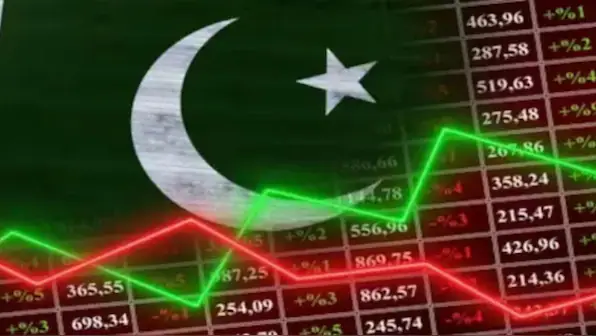Pakistan’s 2024-25 Budget: A Burden on the Middle Class Amidst Economic Turmoil
A significant uproar has erupted in Islamabad following the passage of Pakistan’s 2024-25 budget by the National Assembly with minimal amendments. This budget has been a subject of intense debate and criticism, labeled as overly tax-heavy and lacking coherent reforms.
- Increased Tax Burden on the Middle Class:
- The new budget imposes heavier taxes on an already struggling middle class, exacerbating their financial difficulties.
- Critics argue that while the middle class faces higher taxes, the wealthier segments of society remain relatively unaffected, perpetuating economic inequality.
- Economic Context:
- This budget is the first from the newly formed government and comes at a time when Pakistan is grappling with its most severe economic crisis since its inception.
- The country is facing significant inflation, unemployment, and a devalued currency, making daily life increasingly unaffordable for many citizens.
- Opposition Criticism:
- Opposition lawmakers, especially from the Pakistan Tehreek-e-Insaaf (PTI), have denounced the budget as “unrealistic, anti-people, anti-industry, and anti-agriculture”.
- They argue that the budget was heavily influenced by the International Monetary Fund (IMF), which had set stringent conditions for the approval of a bailout package.
- Impact on Economic Growth:
- Critics like Leader of the Opposition Omar Ayub Khan have described the budget as “economic terrorism against the people”, predicting increased inflation and stunted economic growth.
- The opposition has expressed concerns that the budget will lead to higher costs for essential services like electricity, further burdening the average citizen.

Implications for Citizens
- Living Costs:
- The new taxes and increased costs for basic utilities and services will make it harder for citizens to make ends meet.
- The middle class, in particular, will feel the squeeze as their disposable income diminishes.
- Emigration Challenges:
- With the economic situation becoming increasingly untenable, more citizens may consider emigration. However, the rising costs and bureaucratic hurdles associated with leaving the country are making this option less viable.
- Social and Economic Inequality:
- The budget is expected to widen the gap between the rich and the poor, with the wealthy continuing to enjoy privileges while the middle and lower classes struggle.

